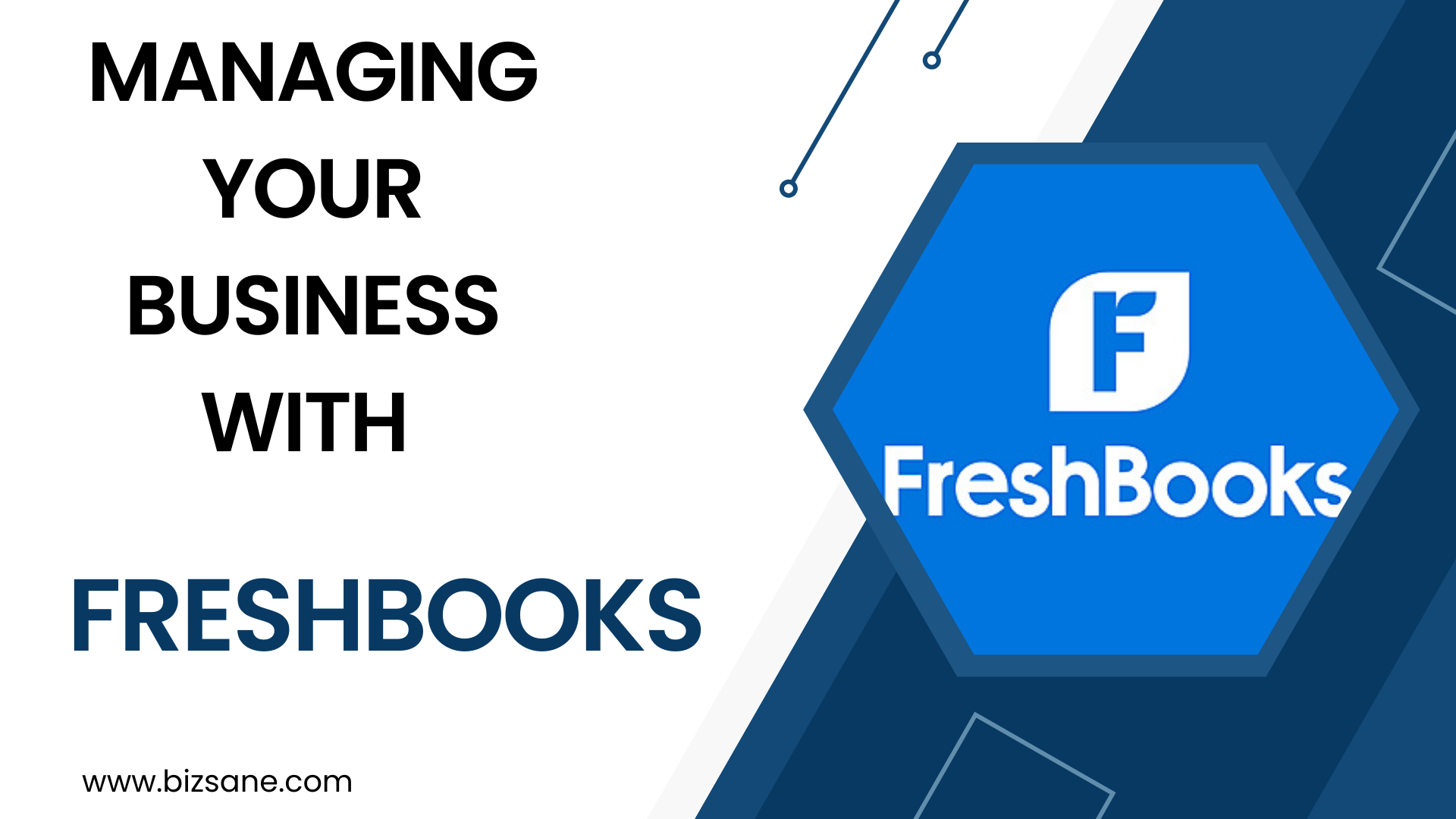Tax management is a crucial aspect of running a business, but it can often be overwhelming and time-consuming. Fortunately, with the right tools and strategies, you can streamline the tax process and ensure accuracy while maximizing deductions.
In this comprehensive guide, we will explore how FreshBooks, an intuitive accounting software, can assist entrepreneurs in managing their business taxes. We will delve into its key features, such as tax categorization, expense tracking, and generating tax reports while providing valuable tips and strategies to help you stay organized and optimize your tax planning.
Tax Categorization and Tracking
FreshBooks offers robust features that enable you to categorize income, expenses, and transactions accurately. Establishing a clear tax categorization system is essential for proper tax reporting. Customize tax categories within FreshBooks to match your industry and specific tax requirements. Consistently assign transactions to the appropriate categories, ensuring accurate tracking of deductible expenses. By categorizing transactions properly from the start, you’ll save time during tax season and minimize the risk of errors or missed deductions.
Expense Tracking and Receipt Management
Keeping track of business expenses is essential for accurate tax reporting and maximizing deductions. FreshBooks simplifies expense tracking by allowing you to record expenses directly within the software. Whether it’s a business-related purchase or a deductible expense, you can easily add expenses, assign tax categories, and attach relevant receipts. Leverage the mobile app to capture receipts on the go, eliminating the hassle of paper receipts. By digitizing and organizing your receipts within FreshBooks, you’ll have a complete and easily accessible record of your expenses come tax time.
Bank Reconciliation
FreshBooks integrates seamlessly with your bank accounts, enabling automatic synchronization of transactions. Regularly reconcile your accounts within FreshBooks to ensure that all income and expenses are accurately recorded. This process helps identify any discrepancies, ensuring your tax records are reliable and minimizing the risk of errors. By keeping your financial data up-to-date and reconciled, you’ll have a clear overview of your business’s financial health and make tax preparation smoother.
Generating Tax Reports
FreshBooks offers comprehensive reporting capabilities that can greatly facilitate tax preparation. Utilize the built-in tax summary report to get an overview of your business’s taxable income, expenses, and deductions. This report provides a snapshot of your tax-related data, allowing you to quickly assess your tax liability or potential refund. Additionally, you can generate detailed expense reports categorized by tax types, simplifying the process of identifying deductible expenses. These reports provide a consolidated view of your financial data, making it easier to work with your tax professional or file your taxes independently.
Maximizing Deductions
To optimize your tax planning, take advantage of the various deductions and credits available to your business. FreshBooks’ expense tracking and reporting features make it easier to identify deductible expenses. Regularly review your expense reports, paying close attention to categories such as business-related travel, office supplies, marketing expenses, and professional fees. By tracking and categorizing your expenses accurately within FreshBooks, you’ll be well-prepared to maximize deductions while complying with tax regulations. Consider consulting with a tax professional to ensure you are taking full advantage of all available deductions.
Staying Organized
Maintaining organized financial records is essential for smooth tax preparation and compliance. FreshBooks’ intuitive interface and features make it easier to stay organized throughout the year. Regularly review and reconcile your financial data, ensuring accurate categorization of income and expenses. Consistently track and attach receipts to corresponding expenses, and utilize FreshBooks’ document management feature to store and organize important tax-related documents securely. By adopting good organizational practices and leveraging FreshBooks’ capabilities, you’ll save time and stress when it’s time to prepare your taxes.
Seeking Professional Assistance
While FreshBooks provides valuable tools for tax management, it’s important to recognize when you may need professional assistance. Complex tax situations, changing regulations, and specific industry considerations may require the expertise of a tax professional. Engage with a qualified accountant or tax advisor who can provide guidance tailored to your business’s unique needs. They can help you navigate complex tax laws, identify potential deductions, and ensure compliance with relevant regulations. FreshBooks can serve as a valuable resource for your tax professional by providing accurate and up-to-date financial data.
Managing your business taxes doesn’t have to be a daunting task. FreshBooks offers powerful features that simplify tax categorization, expense tracking, and generating tax reports. By leveraging these tools and following the strategies outlined in this guide, you can streamline your tax management process, ensure accuracy in reporting, and maximize deductions. Remember to stay organized, review your financial data regularly, and consult with professionals when needed. With FreshBooks as your ally, you can navigate the complexities of business taxes with confidence, saving time and resources while ensuring compliance and optimizing your tax planning.
Disclaimer: Please note that the following content may contain affiliate links. This means that if you make a purchase or engage in certain activities through those links, we may receive a small commission at no additional cost to you. The commissions earned help support the maintenance and growth of our website.
